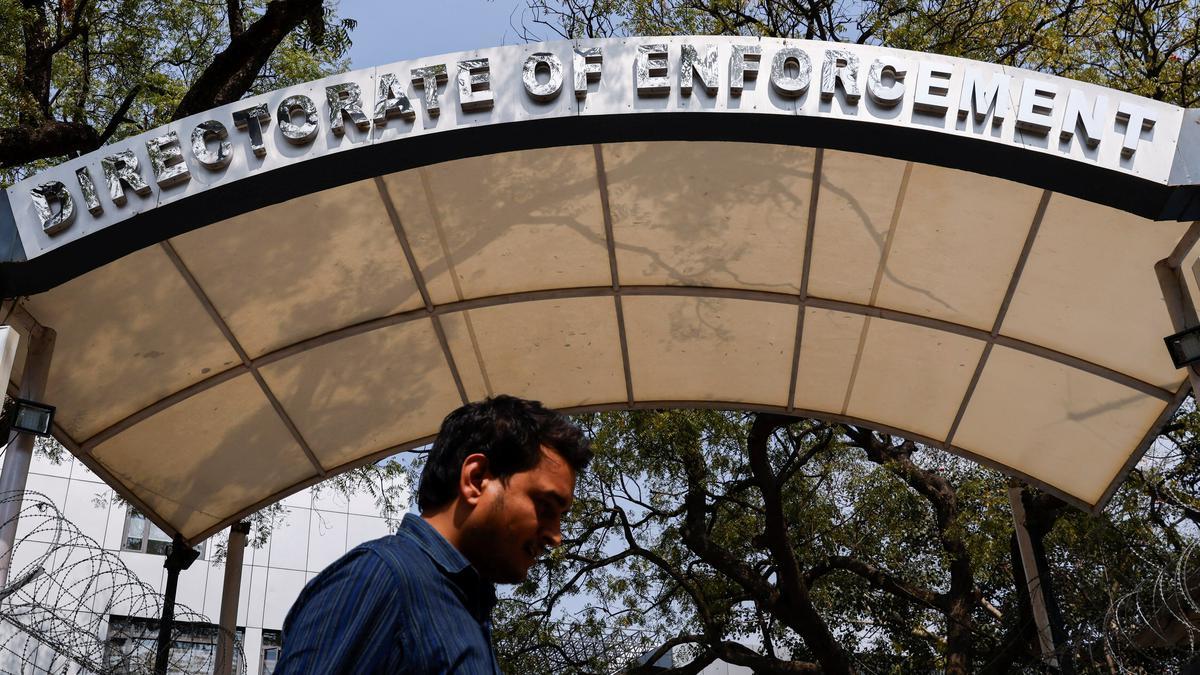Now Reading: Solicitor General Defends ED in Supreme Court After CJI Criticizes Its Conduct
-
01
Solicitor General Defends ED in Supreme Court After CJI Criticizes Its Conduct
Solicitor General Defends ED in Supreme Court After CJI Criticizes Its Conduct

Quick Summary:
- Chief Justice of India (CJI) B.R. Gavai criticized the Directorate of Enforcement (ED), stating it is “crossing all limits” in its actions.
- The remarks were made during the hearing of a suo motu case related to ED issuing summons to senior advocates Arvind Datar and Pratap Venugopal for providing professional advice to a client.The summons were later withdrawn.
- Attorney General R. Venkataramani acknowledged the ED’s fault,while Solicitor General Tushar Mehta argued against court making broad observations that could damage the ED’s credibility.
- CJI Gavai noted multiple cases where the ED was found overstepping legal boundaries, even filing appeals despite well-reasoned High Court judgments.
- mr. Mehta emphasized dangers of narrative-building by lawyers in politically sensitive cases which could unfairly influence perceptions but was challenged by judges who asserted their rulings are based on facts, not external narratives.
- Concerns were raised about investigators summoning lawyers over professional advice given to clients, which poses risks to legal profession autonomy and justice governance.
- The case has been scheduled for further hearing on July 29.
Indian Opinion Analysis:
The Supreme Court’s critique highlights fundamental issues surrounding India’s law enforcement agencies’ procedural practices and judicial oversight mechanisms. By addressing instances where professionals-particularly lawyers-are summoned improperly, it draws attention to potential misuse of investigative powers that may compromise constitutional freedoms like legal autonomy.
Solicitor General Tushar Mehta’s warnings about “narrative-building” reflect real challenges in high-profile political investigations; however, claims suggesting narratives influencing judiciary lack substantiation as judges emphasize their independence from external pressures.
For India’s legal system, this matter underlines essential checks-and-balances between investigating authorities and courts while safeguarding professional ethics within justice delivery processes. How this debate evolves will likely determine broader implications for rule-of-law standards nationwide.
Read more: Link
























